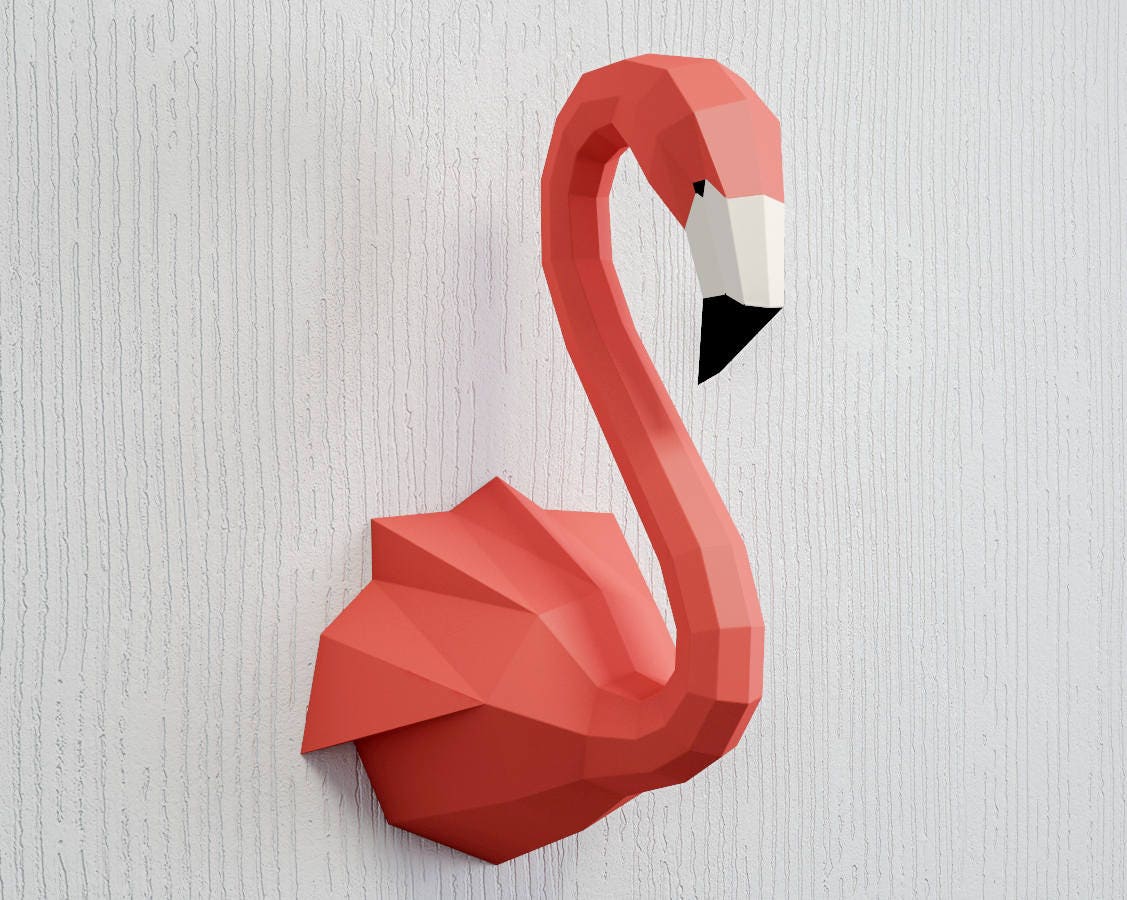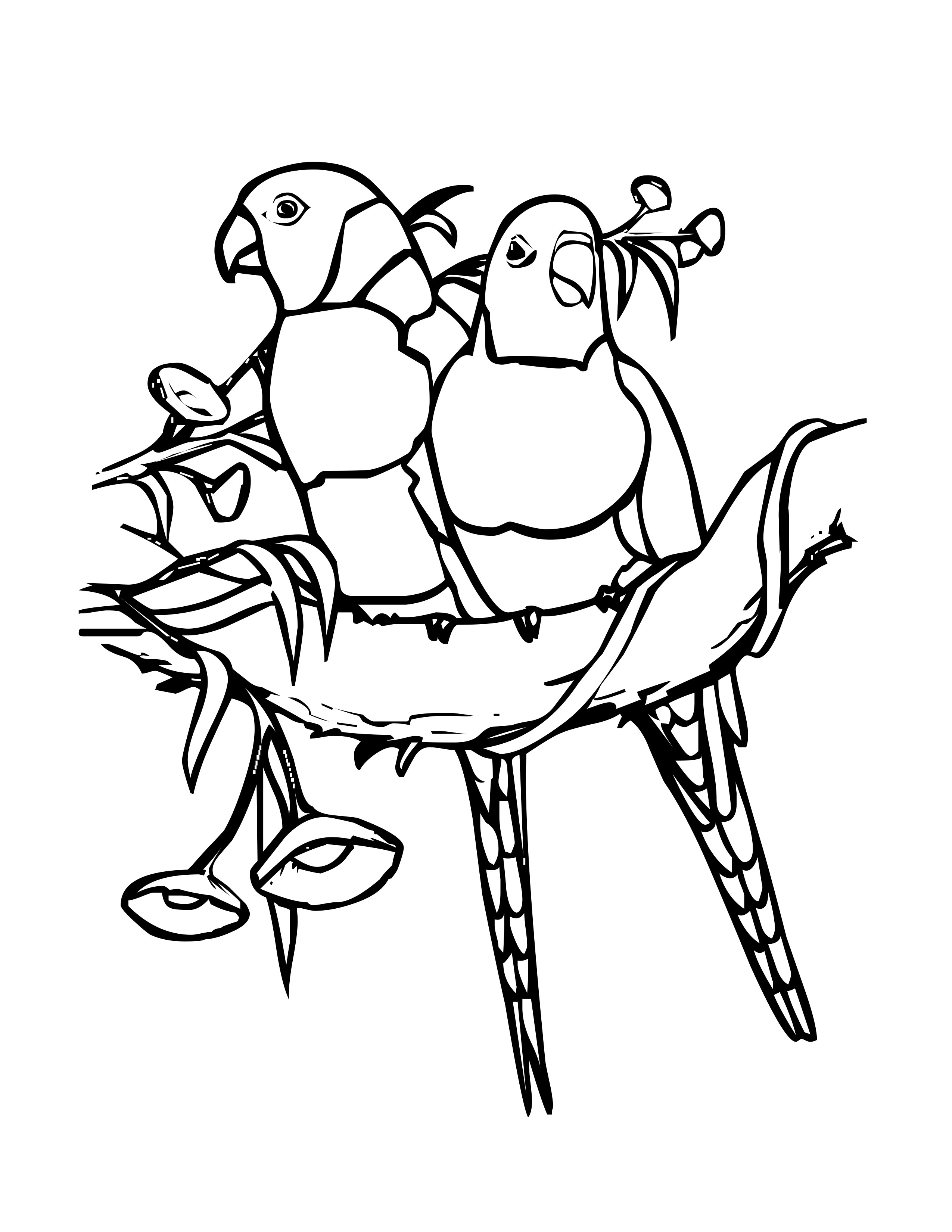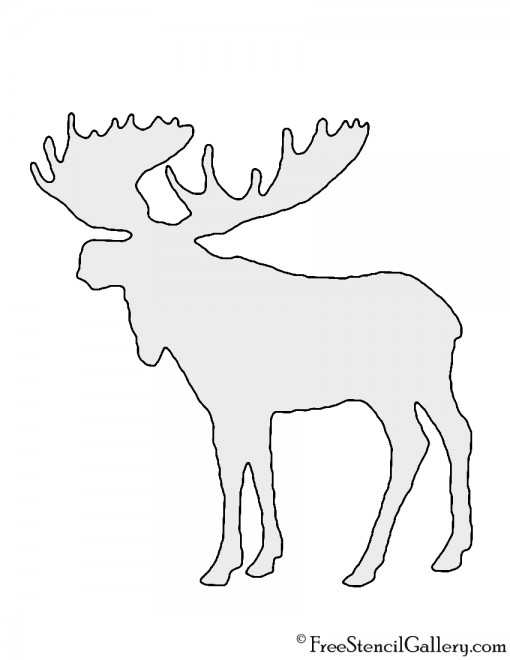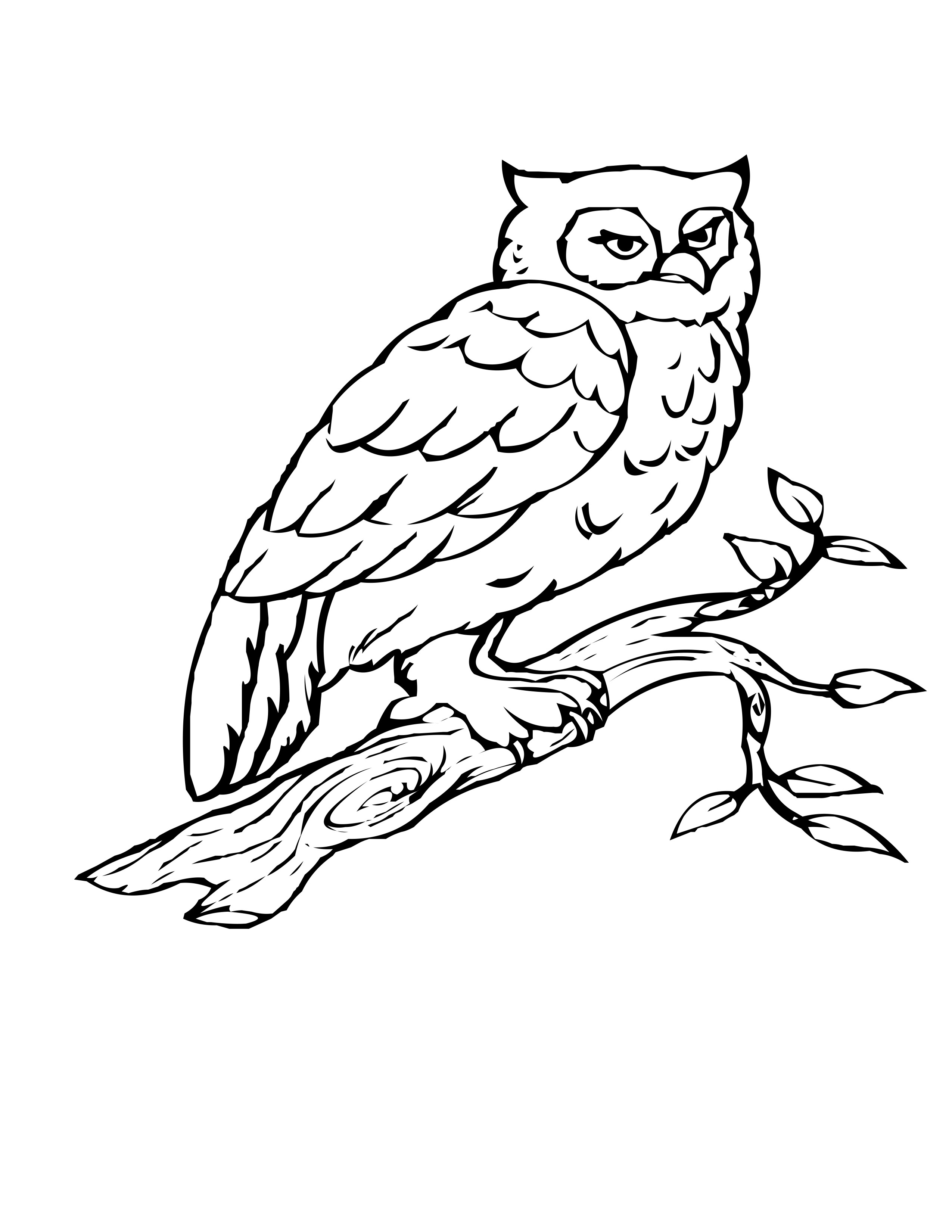Printable Flamingo Head
Printable flamingo head - Oysters are making a comeback on menus and in the water—for now The bird acquires this color when it eats algae and crayfish. This printable works with fact families and common denominators. The greater flamingo was described by peter simon pallas in 1811. The rest of the flamingo has the characteristics of those living on the water: He'll practice doing addition facts in his head, and build logic skills. It was previously thought to be the same species as the american flamingo (phoenicopterus ruber), but because of coloring differences of its head, neck, body, and bill, the two flamingos are now most commonly considered separate species.the greater flamingo has no subspecies. Flamingo coloring pages are black and white images with a lovely flamingo bird. Long legs, flexible neck in the form of a question mark and a large beak for fishing. She became famous for her pale pink color.
Free to Use & Public Domain Flamingo Clip Art ClipArt Best ClipArt
It was previously thought to be the same species as the american flamingo (phoenicopterus ruber), but because of coloring differences of its head, neck, body, and bill, the two flamingos are now most commonly considered separate species.the greater flamingo has no subspecies. Long legs, flexible neck in the form of a question mark and a large beak for fishing. The greater flamingo was described by peter simon pallas in 1811.
Papercraft Flamingo 3D Paper Craft sculpture animal head
Oysters are making a comeback on menus and in the water—for now Flamingo coloring pages are black and white images with a lovely flamingo bird. The rest of the flamingo has the characteristics of those living on the water:
Bird Coloring Pages
This printable works with fact families and common denominators. Long legs, flexible neck in the form of a question mark and a large beak for fishing. Flamingo coloring pages are black and white images with a lovely flamingo bird.
String art roundup A girl and a glue gun
The rest of the flamingo has the characteristics of those living on the water: The bird acquires this color when it eats algae and crayfish. This printable works with fact families and common denominators.
31 Days of ReadAlouds Bruno Munari's Zoo The Happy Housewife
She became famous for her pale pink color. Long legs, flexible neck in the form of a question mark and a large beak for fishing. The rest of the flamingo has the characteristics of those living on the water:
Moose Silhouette Stencil Free Stencil Gallery
Flamingo coloring pages are black and white images with a lovely flamingo bird. The greater flamingo was described by peter simon pallas in 1811. She became famous for her pale pink color.
Panda Papercraft 3D Model 10 .unknown .obj .max Free3D
Flamingo coloring pages are black and white images with a lovely flamingo bird. The greater flamingo was described by peter simon pallas in 1811. She became famous for her pale pink color.
Bird Coloring Pages
Flamingo coloring pages are black and white images with a lovely flamingo bird. Long legs, flexible neck in the form of a question mark and a large beak for fishing. This printable works with fact families and common denominators.
This printable works with fact families and common denominators. The rest of the flamingo has the characteristics of those living on the water: He'll practice doing addition facts in his head, and build logic skills. Flamingo coloring pages are black and white images with a lovely flamingo bird. She became famous for her pale pink color. Oysters are making a comeback on menus and in the water—for now It was previously thought to be the same species as the american flamingo (phoenicopterus ruber), but because of coloring differences of its head, neck, body, and bill, the two flamingos are now most commonly considered separate species.the greater flamingo has no subspecies. The bird acquires this color when it eats algae and crayfish. Long legs, flexible neck in the form of a question mark and a large beak for fishing. The greater flamingo was described by peter simon pallas in 1811.







